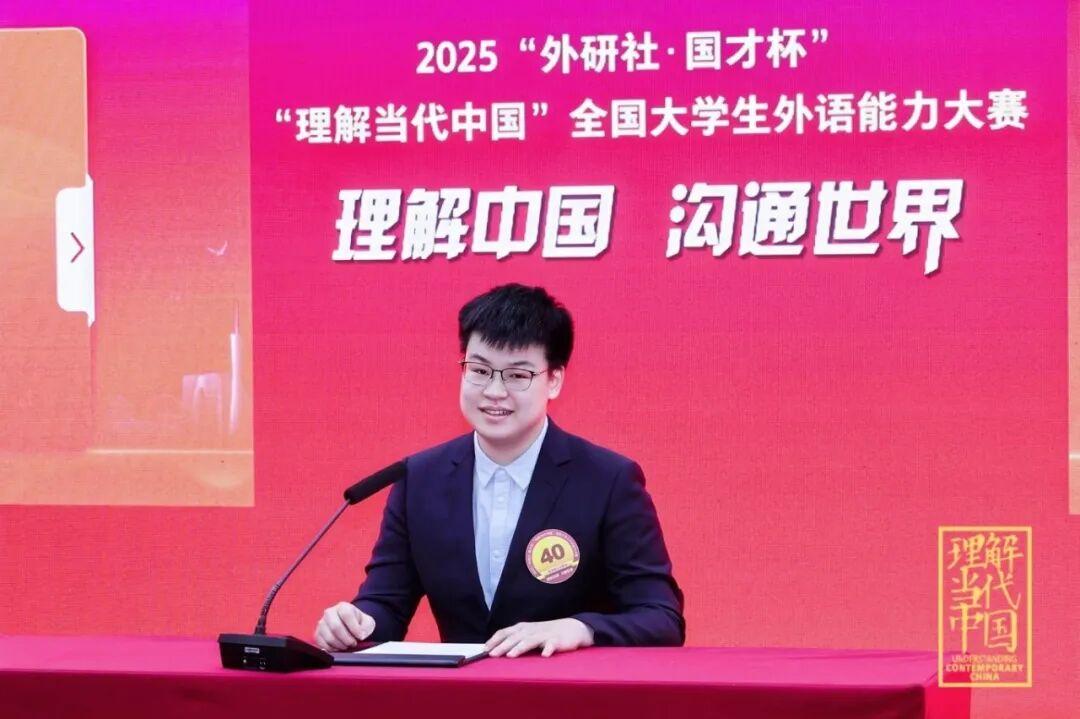The Southern Opera Night: WKU Community Embraces Traditional Chinese Theater
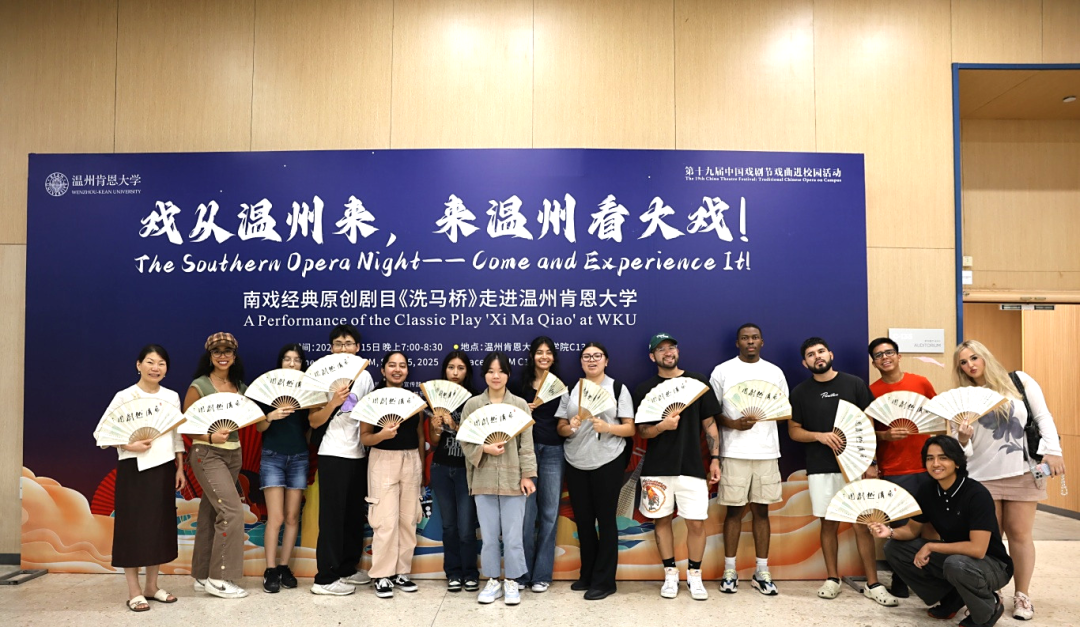
On September 15th, the “Opera on Campus” event, a key segment of the 19th China Theater Festival, landed at Wenzhou-Kean University. The Yueqing Opera Troupe took the stage to perform Xi Ma Qiao , a classic work of Southern Opera, on WKU campus. The performance vividly demonstrated how traditional performing arts can be integrated into campus life, turning the university into a lively platform for cultural inheritance.
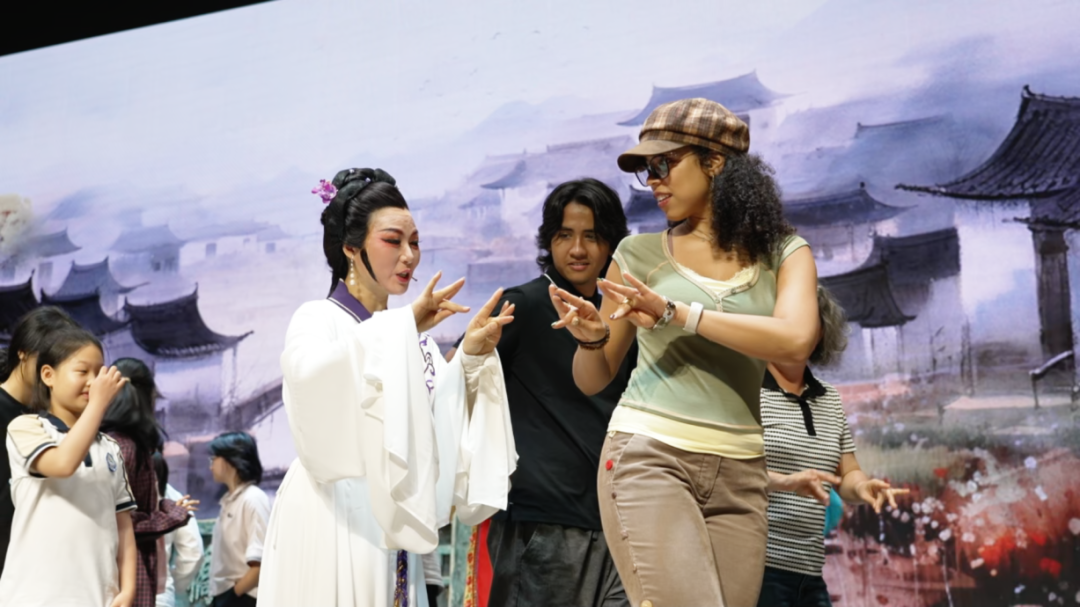
To ensure the show resonated with the campus community, the Yueqing Opera Troupe arrived early for thorough rehearsals. A troupe member shared, “To align traditional opera with the campus environment and audience preference, we prepared thoroughly in advance. We shortened the original performance while keeping its core essence and explaining cultural context.” The event also featured an interactive session where the foreign participants could have hands-on experience of basic opera movements, creating a bridge for cross-cultural exchange.
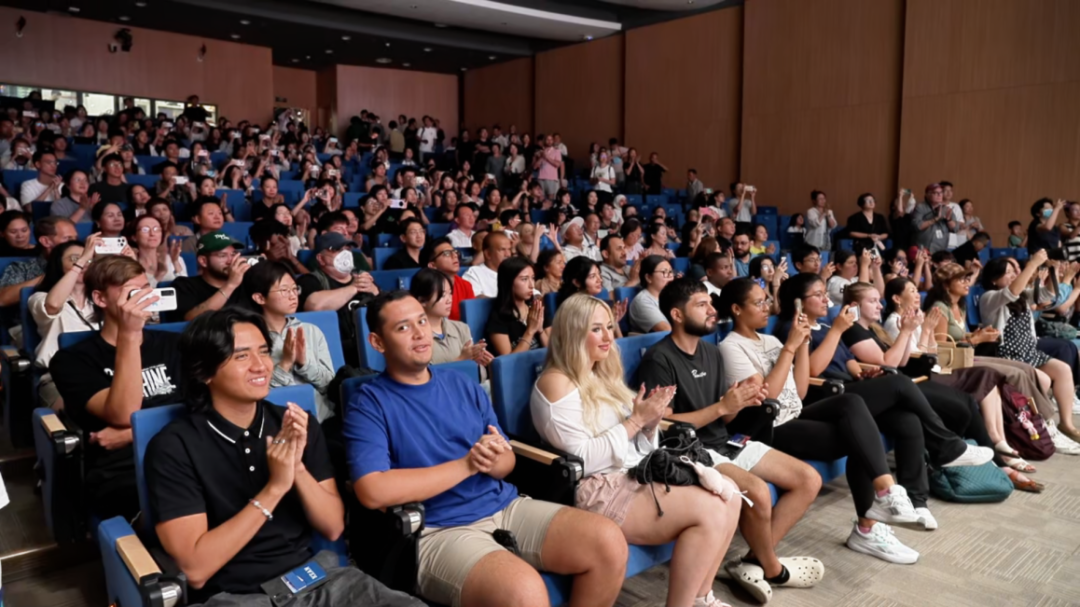
By 7:00 p.m., the university auditorium was filled to capacity. The audience members showed strong interest in the event and enthusiasm for traditional culture. Many students attended the event and regarded the performance as a “live cultural class” to better understand Wenzhou’s local heritage.
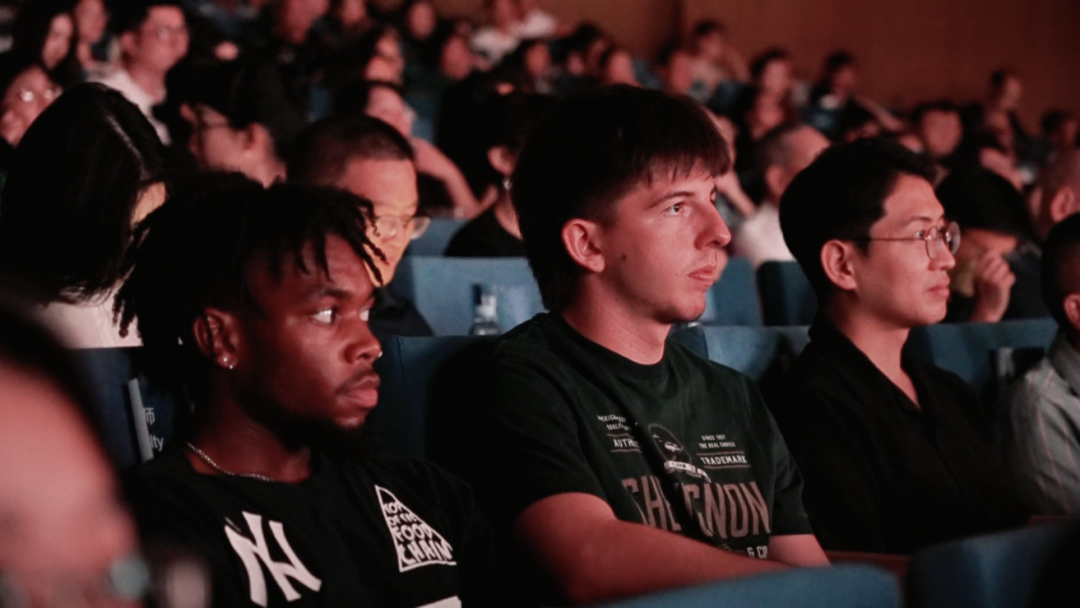
WKU's curriculum, covering national studies, arts, and sports, has consistently focused on practical, experience-based learning. This opera performance extended such learning beyond the classroom. It brought Chinese traditions from textbook pages to the stage, transforming abstract cultural heritage into a tangible, learnable, and enjoyable experience for everyone present.
International students were especially attracted by Yue Opera’s visual and performative language. Ricky, an exchange student from Kean University in the United States who had never seen Chinese opera before, highlighted how he was deeply moved by the performers’ ability to convey rich emotions through subtle postures and expressive eye movements. He also expressed admiration for the craftsmanship of stage makeup, pointing out that "how female performers use makeup to suggest male characters is remarkable." He observed that the opera's melodic singing, elaborate costumes, graceful movements, and symbolic makeup together form a set of cultural "codes" that reveal Chinese aesthetics and historical memory.
Translator: Zhou Anna
Proofreader: Xiang Wenwei
- Wenzhou-Kean University Spearheading Sustainability in Higher Education in Asia and in China, Awarded the AASHE STARS Gold-Certified in Sustainability
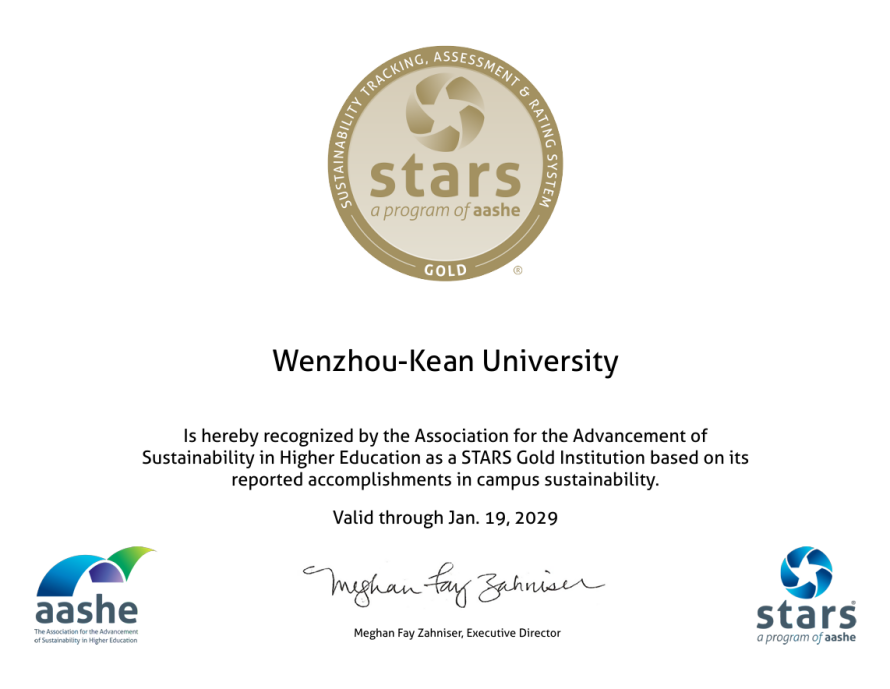
- Media Report | Wenzhou Daily: A Window into Friendship Between Chinese and U.S. Youths Wenzhou-Kean University Welcomes 340 Young Americans in Two Years
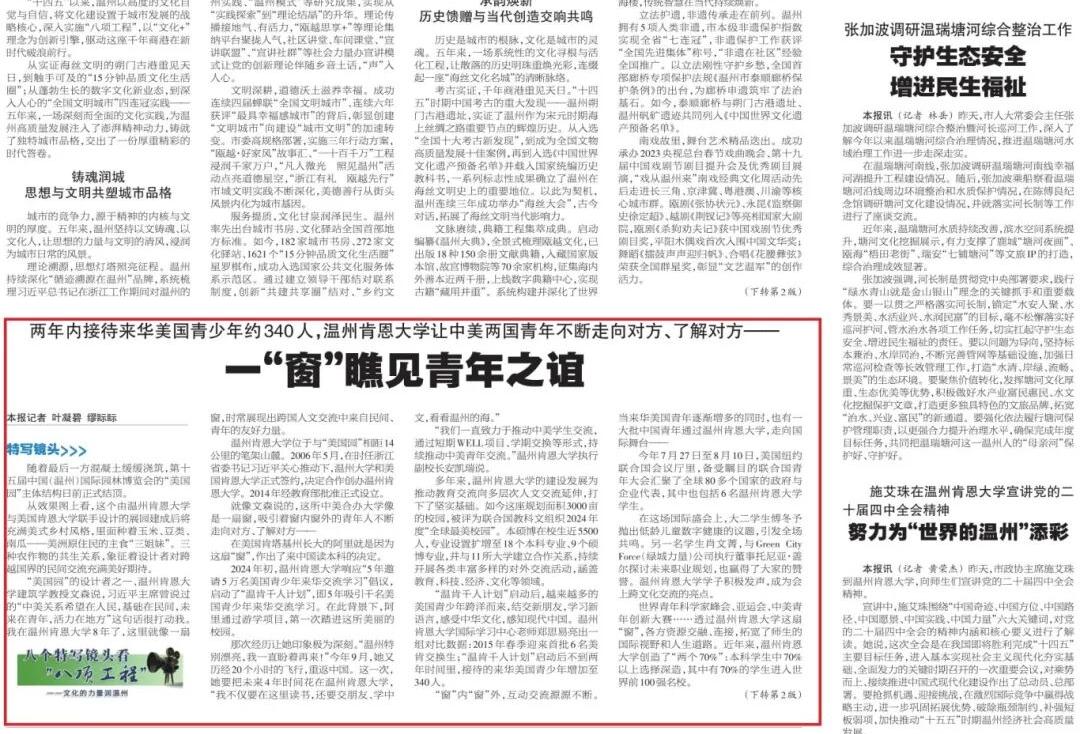
- WKU Student wins first prize in a national English speech contest: What is his answer to the value of boredom?
